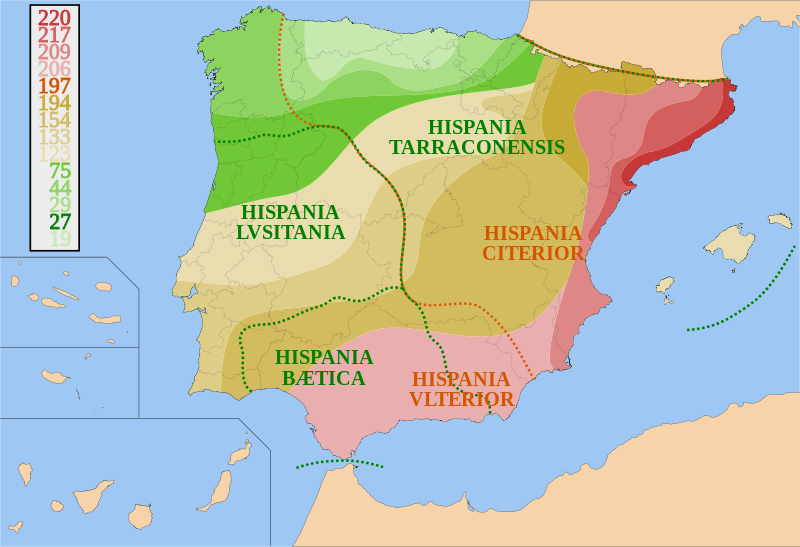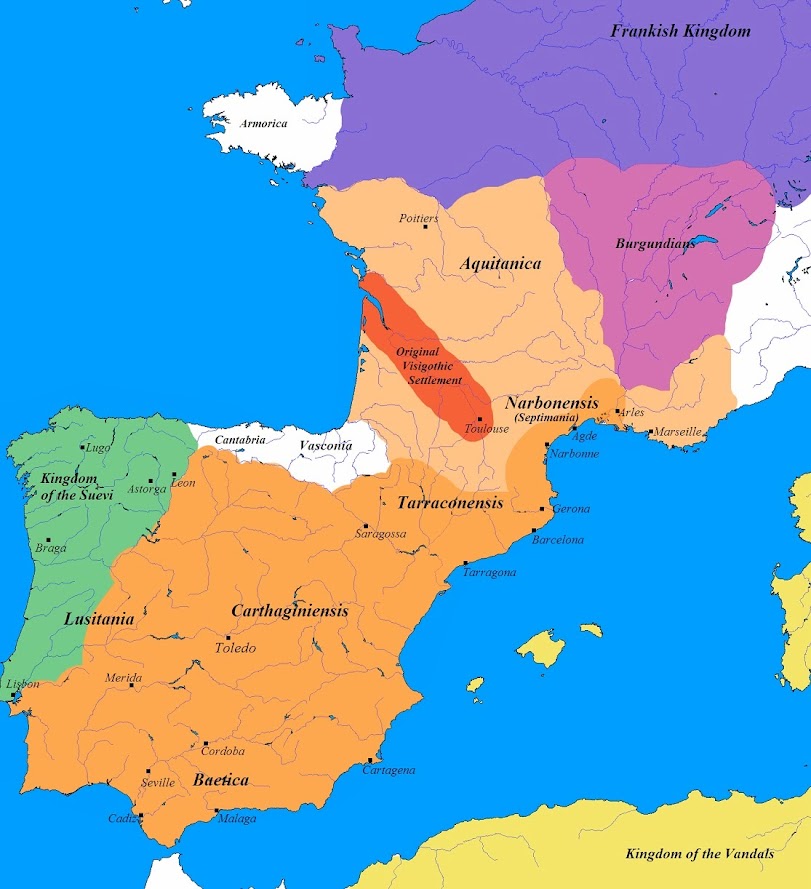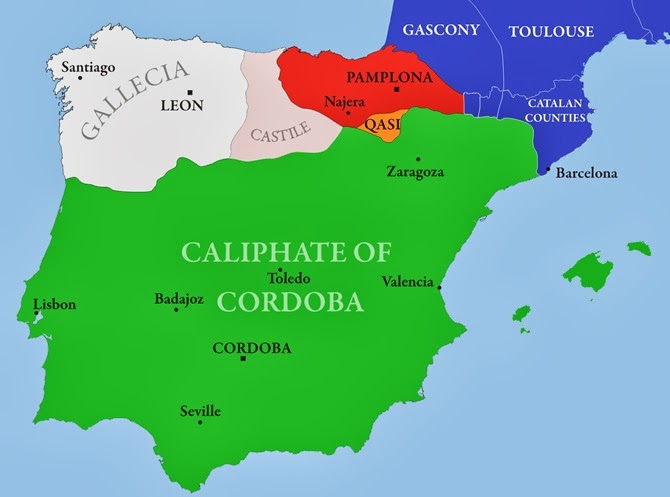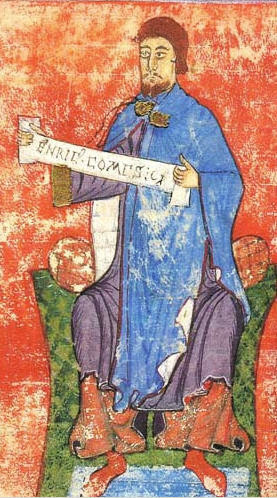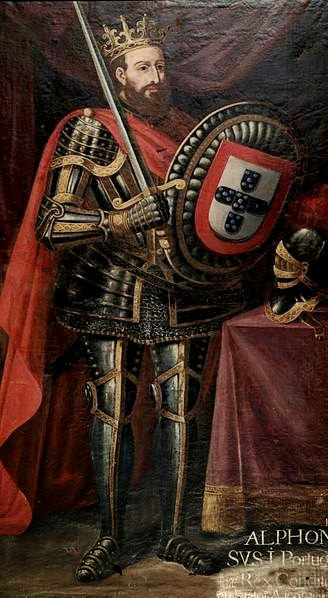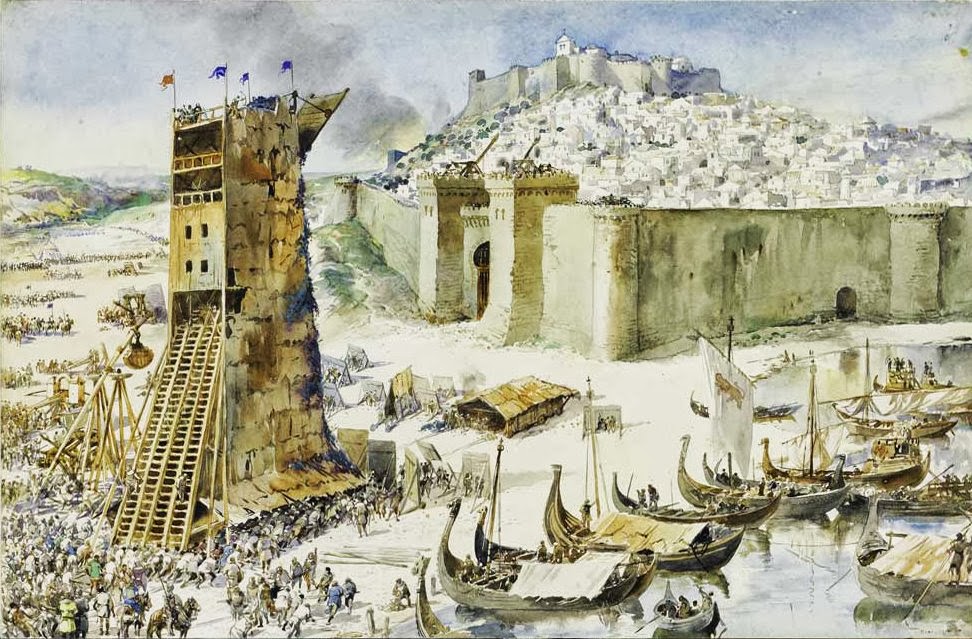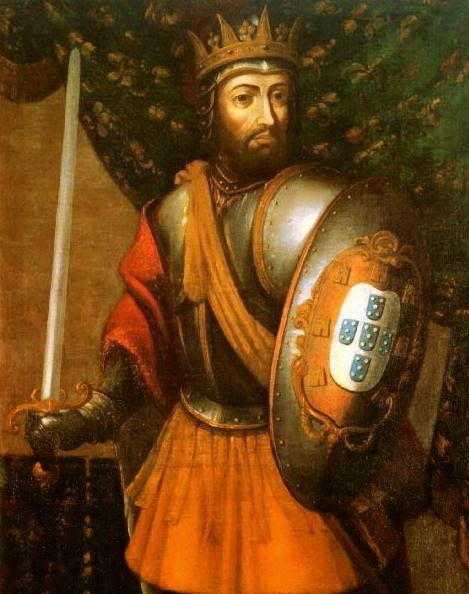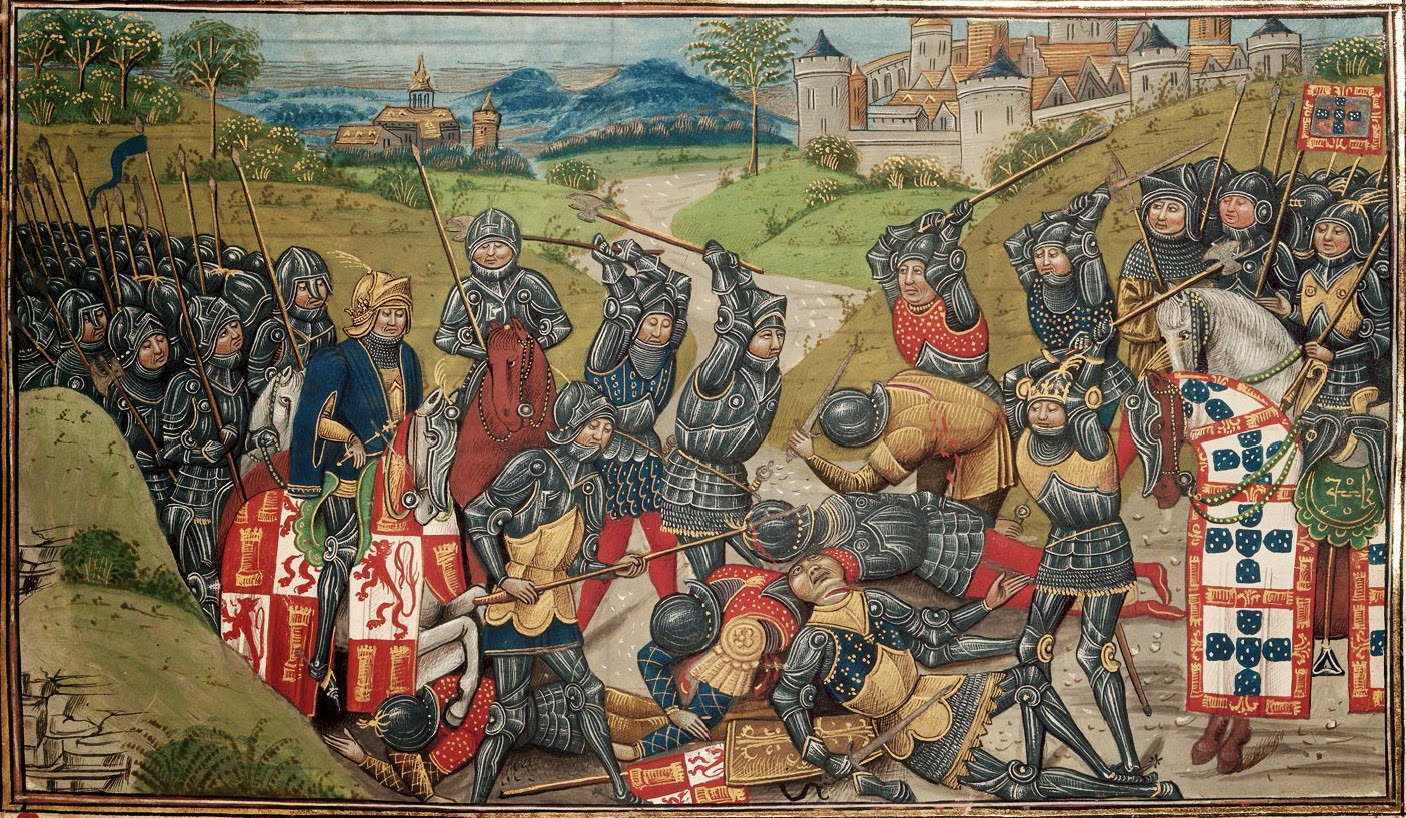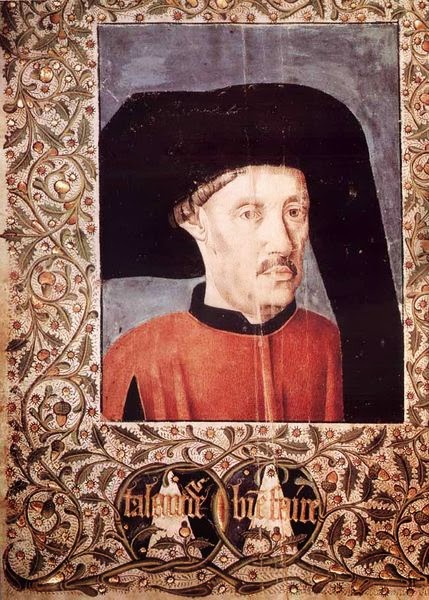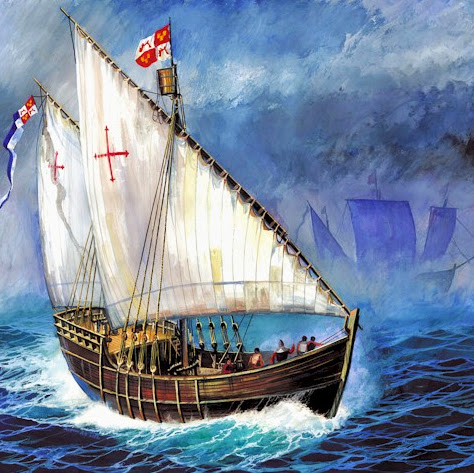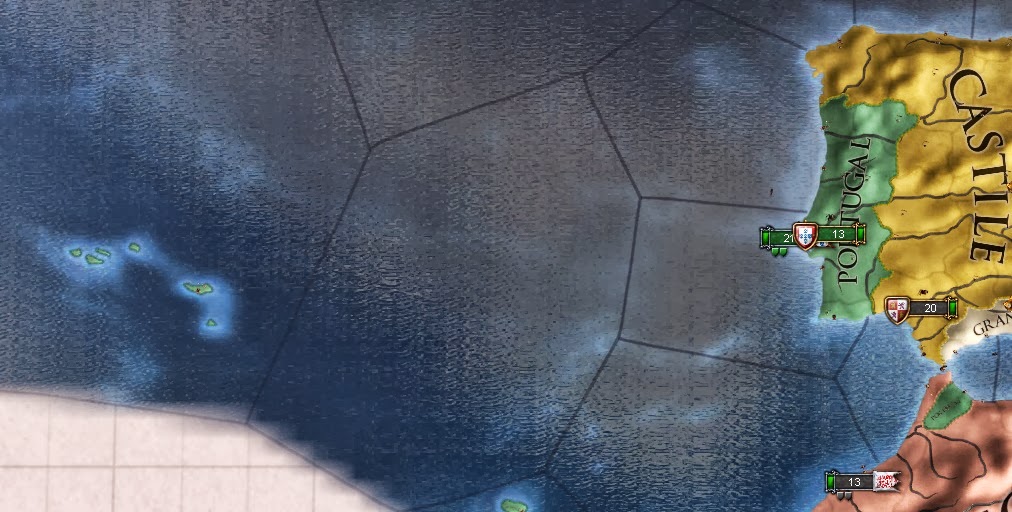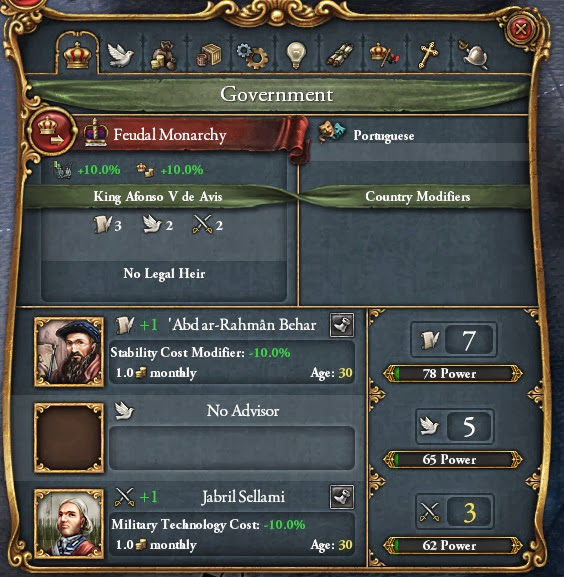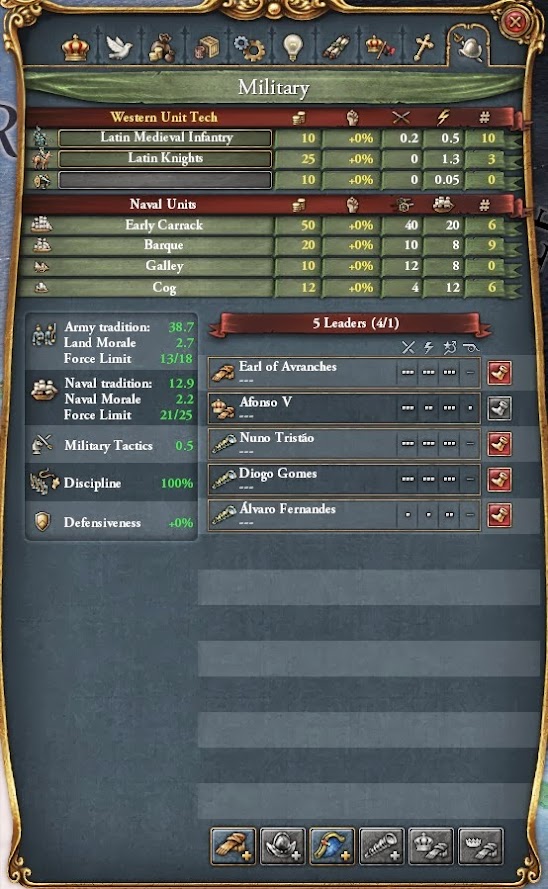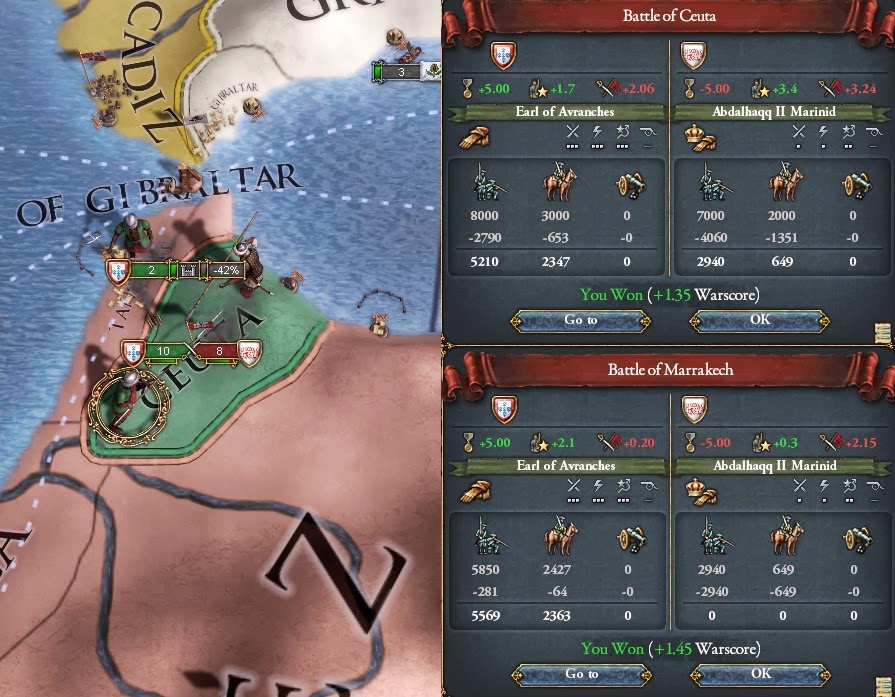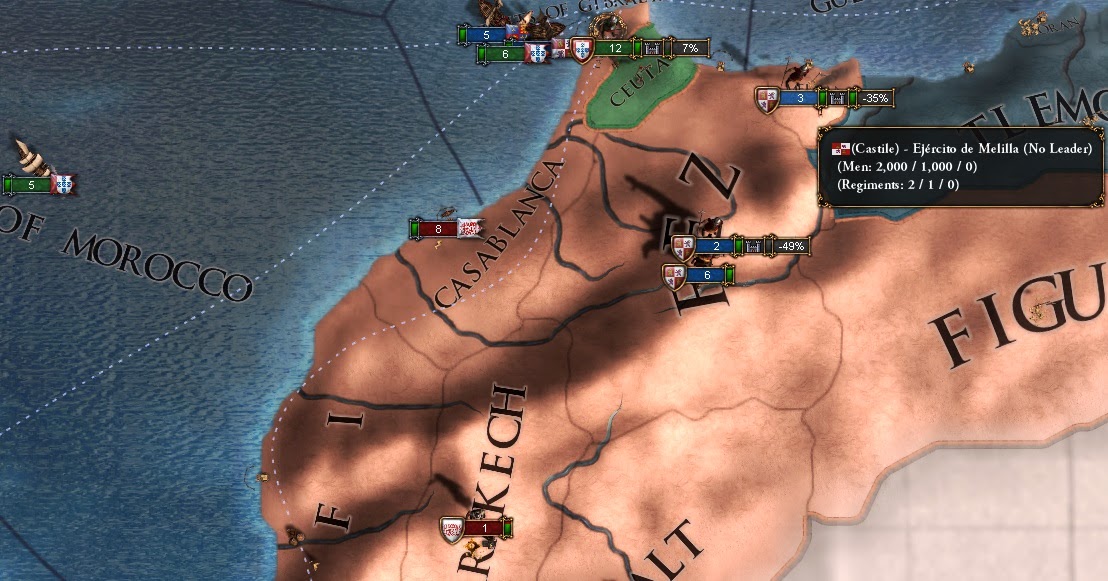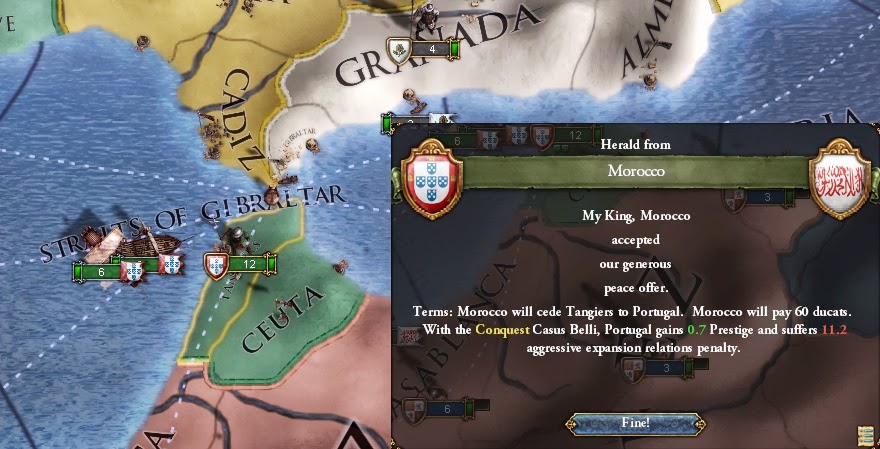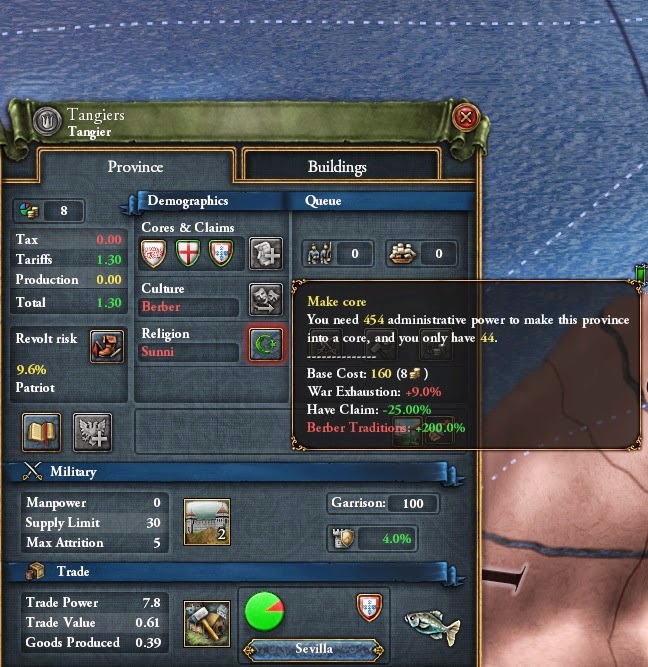Hello and welcome!
Fun fact: even though i've started this AAR before the game is actually out, Belgiumruler already beat me to my country of choice. Of course, the Portugal deserves at least five AARs at the same time, so it's all good!
As for AAR type, this will mainly be historybook AAR, with some narrative thrown in occasionally and with some bits and pieces of tutorial also added.
The goals are as follows:
1. Colonization and exploration
2. Trade
3. Dominating the Iberian peninsula (read: picking a fight with Spain)
4. Dominating the Seville trade node (read: taking North Africa... well, and picking a fight with Spain. Sometimes in the future)
5. Indias- both Spice Islands and mainland.
6. Gold! Gold! Gold! (or conquest of Aztecs and Incas)
Disclaimer: the goals are provided "as is" and may change without notice.
Welcome aboard and hope you like it!
Now, some nice links to the chapters:
Introduction: Short History of Portugal
King Alfonso V, ruled from 1438-1468
To Control the Gibraltar
Exploration and Revolts
African Aventures
Pushing South
Death of Alfonso V
King Filipe I, ruled from 1468-1521
The New Military Commander
New Lands and Old Enemies
Towards the Cape of Good Hope
Route to India
Stabbing Spanish in the Back
Filling Portuguese Coffers
The Conquest of Zanzibar
A Story of Second Portuguese-Spanish War, part I- If You Lose a Battle, You Can Still Win the War
A Story of Second Portuguese-Spanish War, part II- to Rule the Waves
The Base in India
Gold, Gold, Gold!
War for Granada, Part I: Death of Filipe I
Life and Death of King Filipe I
King João II, ruled from 1521-1538
War for Granada, Part II- Turning the Tide
More Gold!
Kicking Spain in their Royal Buttocks
Three Wars and a Funeral
Life and Death of King João II
King João III, ruled from 1538-1547
Establishing Control in Aden
Death of João III
King Teodósio I, ruled from 1548-1554
War and Peace
Death of Teodósio I
King João IV, ruled from 1554-1608
Spice Islands Trade
Four Cities of Gold
End of Iberian Wedding
War With Spain: Taking Toledo
Expanding Foothold in India
Losing Control of the Waves
The War With Spain Portugal Did Not Want, Part I - Defeating the Spanish Army
The War With Spain Portugal Did Not Want, Part II - The Spanish Trafalgar
Death of Alfonso de Avis
Expansion in East
End of Incas
War with Spain: Rise of Aragon
Annexation of Aragon
The Last Years of João IV
Life and Death of King João IV
King José I, ruled from 1608-1610
The Short Reign of King José I
King Sebastião I, ruled from 1610-1628
The Beginning of Rule of Sebastião I
The Fight for Tuscany
Expansion in Spice Islands
Taking Palermo
World War I, Part I: Manure Hits the Windmill
World War I, Part II - Battle of Vizcaya
World War I, Part III - Subcontinental Situation
World War I, Part IV - Long Live King João V
Life and Death of King Sebastião I
Overview of trade- 1627
King João V the Great, ruled from 1628-1673
The War with Swahili- A Tale of Overconfidence
To Mecca... Through the Heart of Africa
Reforms
Old Enemies
Portuguese Armada, Part I- Invasion Begins
Portuguese Armada, Part II- the Fall of Good King George II
This is Trouble, Part I - Trouble Begins
This is Trouble, Part II- the Flood
This is Trouble, part III- Turning the Tides
Three Wars
Conquista!
The City of Man’s Desire, Part I - Clearing the Mediterranean
The City of Man’s Desire, Part II - Sacco di Stambul
Empire Under the Sun
The War of MMM, Part I- The King is Dead, Long Live the Regency Council!
Life and Death of King João V the Great
Let's Talk About Trade
King Henrique I, ruled from 1673-?
Coming of Age of Henrique I
First War of Henrique I, Part I- The Trouble Begins
First War of Henrique I, Part II- The Polish Intervention
First War of Henrique I, Part III- Victory Over Spain
First War of Henrique I, Part IV- French in Mediterranean? Non, non!
Celestial Empire
Thalassocracy
Fun fact: even though i've started this AAR before the game is actually out, Belgiumruler already beat me to my country of choice. Of course, the Portugal deserves at least five AARs at the same time, so it's all good!
As for AAR type, this will mainly be historybook AAR, with some narrative thrown in occasionally and with some bits and pieces of tutorial also added.
The goals are as follows:
1. Colonization and exploration
2. Trade
3. Dominating the Iberian peninsula (read: picking a fight with Spain)
4. Dominating the Seville trade node (read: taking North Africa... well, and picking a fight with Spain. Sometimes in the future)
5. Indias- both Spice Islands and mainland.
6. Gold! Gold! Gold! (or conquest of Aztecs and Incas)
Disclaimer: the goals are provided "as is" and may change without notice.
Welcome aboard and hope you like it!
Now, some nice links to the chapters:
Introduction: Short History of Portugal
King Alfonso V, ruled from 1438-1468
To Control the Gibraltar
Exploration and Revolts
African Aventures
Pushing South
Death of Alfonso V
King Filipe I, ruled from 1468-1521
The New Military Commander
New Lands and Old Enemies
Towards the Cape of Good Hope
Route to India
Stabbing Spanish in the Back
Filling Portuguese Coffers
The Conquest of Zanzibar
A Story of Second Portuguese-Spanish War, part I- If You Lose a Battle, You Can Still Win the War
A Story of Second Portuguese-Spanish War, part II- to Rule the Waves
The Base in India
Gold, Gold, Gold!
War for Granada, Part I: Death of Filipe I
Life and Death of King Filipe I
King João II, ruled from 1521-1538
War for Granada, Part II- Turning the Tide
More Gold!
Kicking Spain in their Royal Buttocks
Three Wars and a Funeral
Life and Death of King João II
King João III, ruled from 1538-1547
Establishing Control in Aden
Death of João III
King Teodósio I, ruled from 1548-1554
War and Peace
Death of Teodósio I
King João IV, ruled from 1554-1608
Spice Islands Trade
Four Cities of Gold
End of Iberian Wedding
War With Spain: Taking Toledo
Expanding Foothold in India
Losing Control of the Waves
The War With Spain Portugal Did Not Want, Part I - Defeating the Spanish Army
The War With Spain Portugal Did Not Want, Part II - The Spanish Trafalgar
Death of Alfonso de Avis
Expansion in East
End of Incas
War with Spain: Rise of Aragon
Annexation of Aragon
The Last Years of João IV
Life and Death of King João IV
King José I, ruled from 1608-1610
The Short Reign of King José I
King Sebastião I, ruled from 1610-1628
The Beginning of Rule of Sebastião I
The Fight for Tuscany
Expansion in Spice Islands
Taking Palermo
World War I, Part I: Manure Hits the Windmill
World War I, Part II - Battle of Vizcaya
World War I, Part III - Subcontinental Situation
World War I, Part IV - Long Live King João V
Life and Death of King Sebastião I
Overview of trade- 1627
King João V the Great, ruled from 1628-1673
The War with Swahili- A Tale of Overconfidence
To Mecca... Through the Heart of Africa
Reforms
Old Enemies
Portuguese Armada, Part I- Invasion Begins
Portuguese Armada, Part II- the Fall of Good King George II
This is Trouble, Part I - Trouble Begins
This is Trouble, Part II- the Flood
This is Trouble, part III- Turning the Tides
Three Wars
Conquista!
The City of Man’s Desire, Part I - Clearing the Mediterranean
The City of Man’s Desire, Part II - Sacco di Stambul
Empire Under the Sun
The War of MMM, Part I- The King is Dead, Long Live the Regency Council!
Life and Death of King João V the Great
Let's Talk About Trade
King Henrique I, ruled from 1673-?
Coming of Age of Henrique I
First War of Henrique I, Part I- The Trouble Begins
First War of Henrique I, Part II- The Polish Intervention
First War of Henrique I, Part III- Victory Over Spain
First War of Henrique I, Part IV- French in Mediterranean? Non, non!
Celestial Empire
Thalassocracy
Last edited:


